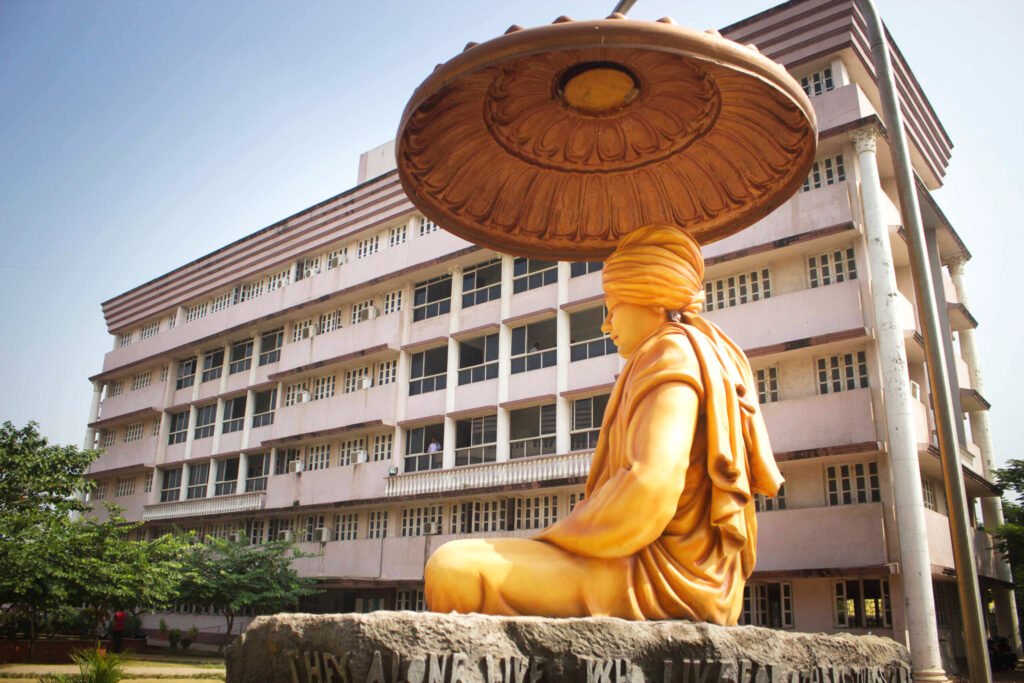The UK’s recent immigration rule changes, including raising the minimum salary for skilled worker visas and reviewing the graduate visa route, are causing concern among Indian students. The graduate route has provided opportunities, but its future is uncertain. Ayesha Goyal, CEO of Leap Beyond, highlights the evolving job landscape and advises students to explore emerging opportunities beyond traditional hubs like London.
The graduate visa route, which grants international students on Tier 4 visa an unsponsored work permit, to stay in the UK for at least two years (three years for those with PhD qualifications) after graduation, is very popular with Indian students. However, a host of changes in UK’s immigration rules which were recently announced is causing concern among students who are making plans to join courses in the UK.
The big changes include minimum salary to be sponsored for a skilled worker visa – which is the visa that international students who get jobs after their education in the UK will require – being increased from April 4, 2024, with the baseline minimum rising from £26,200 to £38,700.
Other significant changes include the number of jobs on the shortage occupation list, where it will be possible to sponsor someone for a skilled worker visa on less than the usual minimum salary, being reduced and the minimum income required to sponsor someone for a spouse/partner visa being raised in stages from £18,600 per year to £29,000 and ultimately around £38,700. And in more bad news, the graduate visa is also being reviewed by the British government.
The graduate route had opened up a lot of opportunities for Indian students in the UK and news about its review is cause for concern. “The introduction of the graduate route has certainly made it easier for Indian students in the UK to access job opportunities. Students are able to remain in the UK and apply to jobs for two years (or three years for PhD students) post their degree and employers no longer face the added burdens of sponsorship licenses and associated fees,” says Ayesha Goyal who had studied at UK’s Nottingham University as an international student and then worked for two years as a strategy consultant with EY London.
She adds that access to work permit, however, doesn’t always guarantee success. “Indian students still need to apply for jobs, go through the multi-stage application process, compete with other applicants and stand out in the process to receive an offer,” says Goyal who is founder and CEO of Leap Beyond, a tech platform launched in 2017 to connect Indian students with other students and professionals in the UK for mentorship.
“The job landscape for Indian students in the UK is rapidly evolving due to regulations and the ongoing review of the post-study work visa. We expect to have more clarity on this in the next few months. These changes will definitely impact the attractiveness of the UK as a destination for Indian students seeking career opportunities,” says Goyal.
Besides stricter immigration policies; a shrinking job market in the UK too is a cause for worry. “Opportunities in the UK have definitely declined compared to pre-pandemic figures – recession has impacted companies and this has impacted the hiring targets. On the bright side, thousands of international students are still securing roles year on year,” says Goyal. She feels that the distribution of job opportunities across different regions in the UK has seen significant shifts. “While London’s share of graduate job postings has decreased from 37.8% in 2018 to 31.8% in 2023, cities like Manchester, Bristol, and Birmingham have experienced more than a doubling in the proportion of graduate jobs since the pandemic,” she says. It is important for students from India in the UK to track emerging opportunities and job markets, Goyal adds. “For instance, Edinburgh and Birmingham are emerging as tech hubs, so students aiming for roles like data scientists should consider applying there, regardless of their university city,” she says.
With the new policies by the UK government unfolding over the coming year, navigating the job market may become increasingly tougher for Indian students who are currently in the UK studying in different universities. “In such a scenario, connecting with fellow Indian students who have been successful in the UK job market will be invaluable. The UK offers a diversity of opportunities which is often underutilised by Indian students. The beauty of the job landscape is its openness to students from various academic backgrounds. UK employers increasingly seek candidates from diverse disciplines to enrich their teams,” Goyal says.



